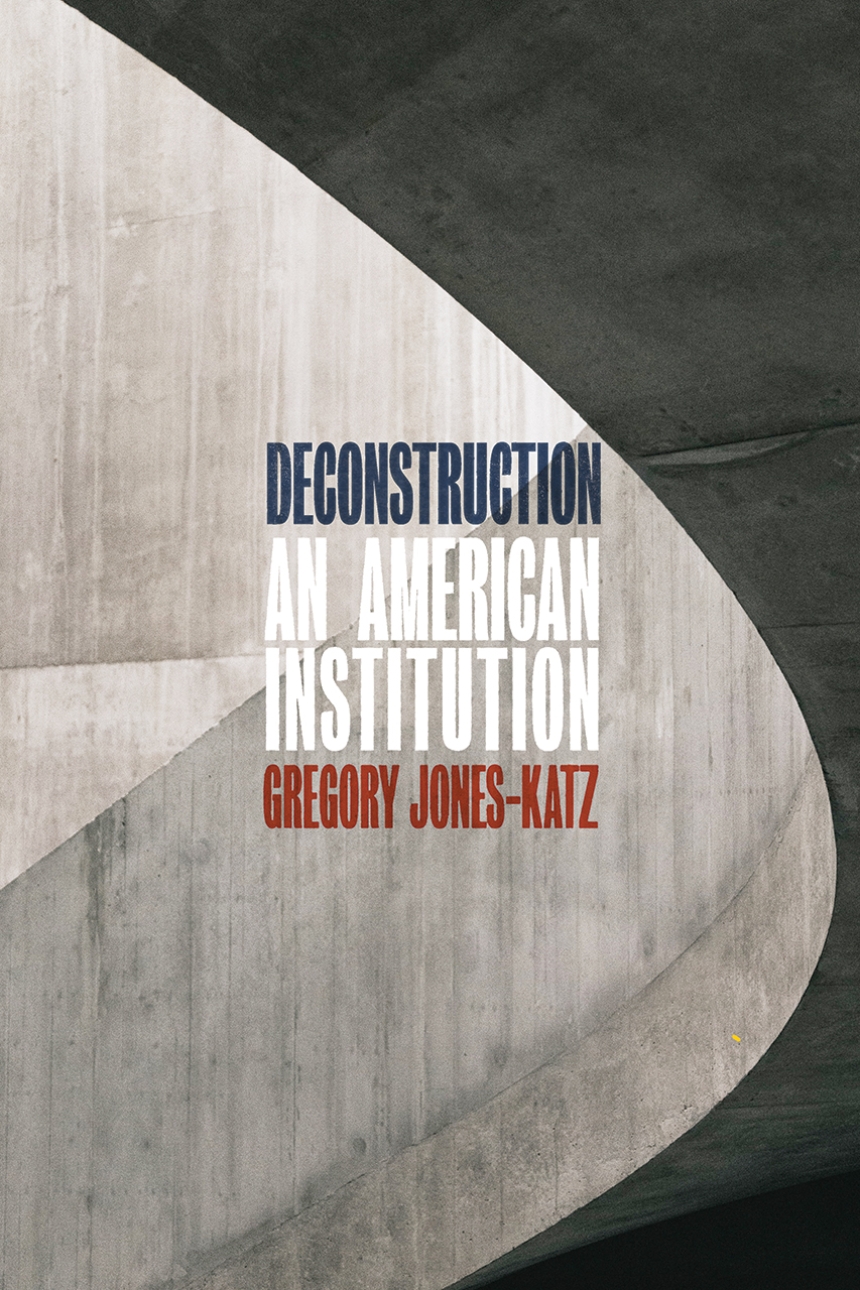Deconstruction begins well before Jacques Derrida’s initial American presentation of his deconstructive work in a famed lecture at Johns Hopkins University in 1966 and continues through several decades of theoretic growth and tumult. While much of the subsequent story remains focused, inevitably, on Yale University and the personalities and curriculum that came to be lumped under the “Yale school” umbrella, Deconstruction makes clear how crucial feminism, queer theory, and gender studies also were to the lifeblood of this mode of thought. Ultimately, Jones-Katz shows that deconstruction in the United States—so often caricatured as a French infection—was truly an American phenomenon, rooted in our preexisting political and intellectual tensions, that eventually came to influence unexpected corners of scholarship, politics, and culture.
352 pages | 21 halftones | 6 x 9 | © 2021
Education: Higher Education, History of Education
History: American History, History of Ideas
Literature and Literary Criticism: General Criticism and Critical Theory
Reviews
Table of Contents
Introduction
Chapter One
A Crisis in Undergraduate Literary Education at Yale: Lit X and the Literature Major
Chapter Two
Evolution by Subversion: Vanguard Critics and Protodeconstruction
Chapter Three
Deconstruction as a Pedagogical-Intellectual Project and the Burdens of Academic Criticism
Chapter Four
Feminist Cultural Politics: The Brides of Deconstruction and Criticism
Chapter Five
Speaking in Tongues: The de Man Affair and History with(out) Rhetoric
Epilogue: Don’t Dream It’s Over
Acknowledgments
Notes
Index
